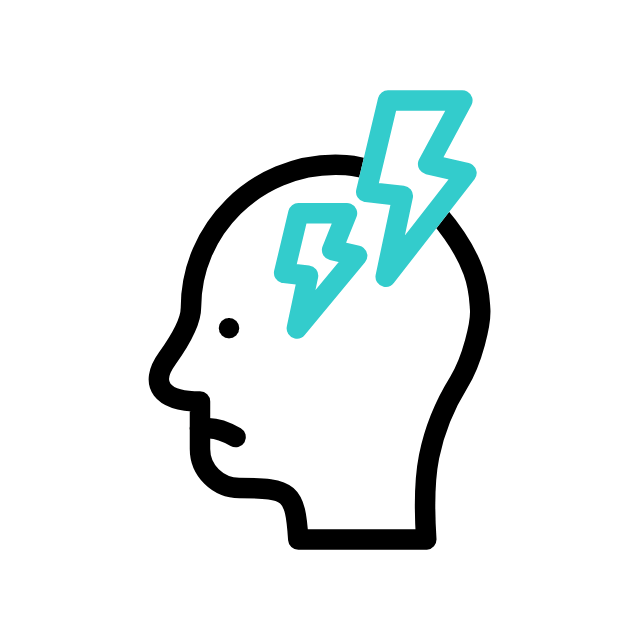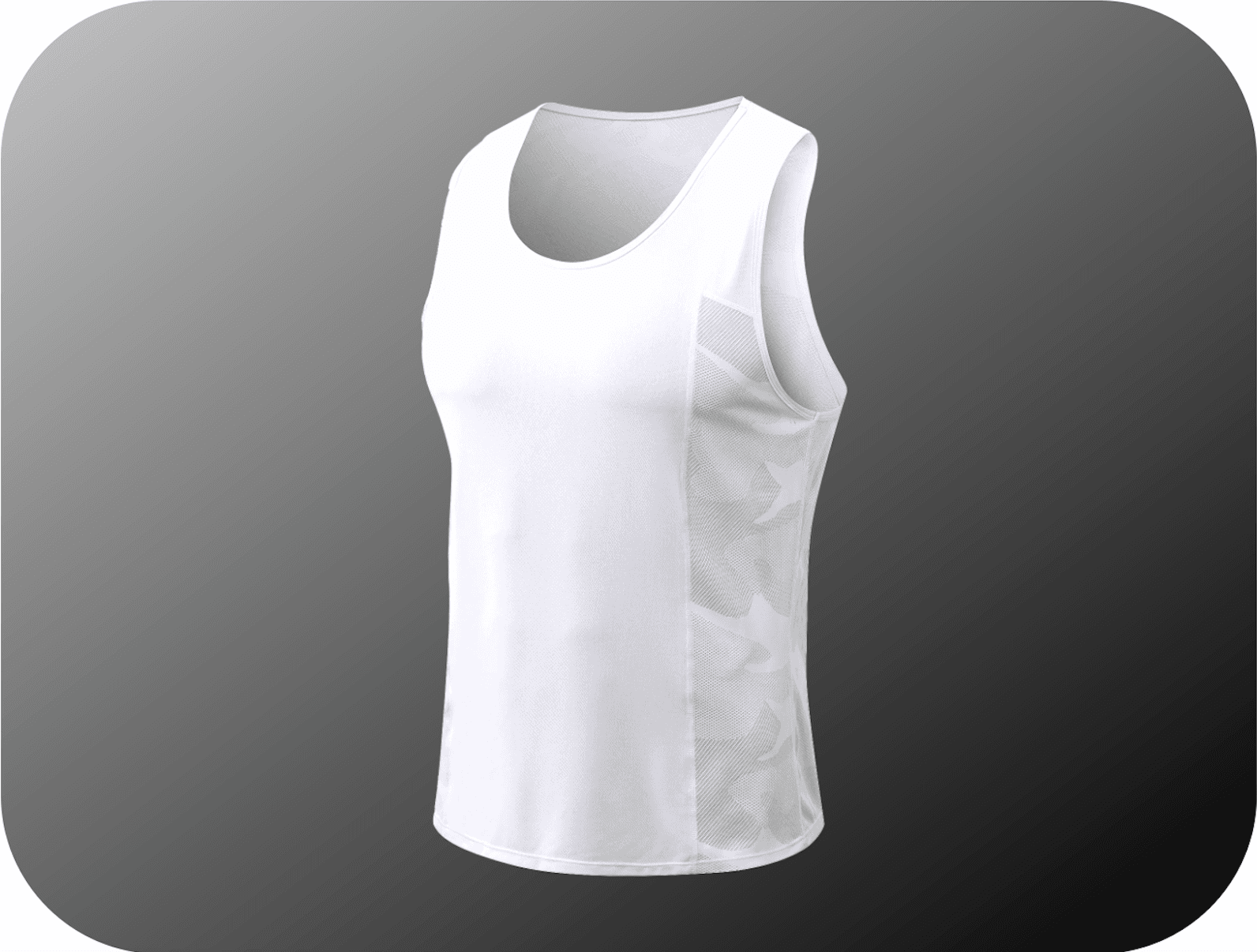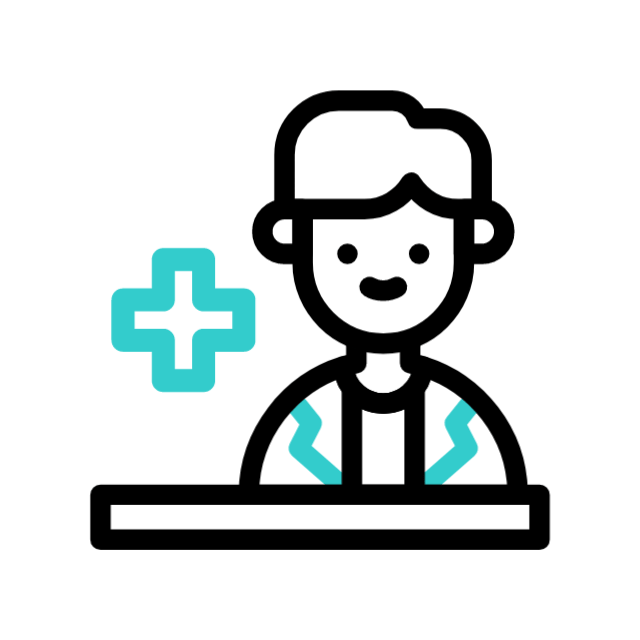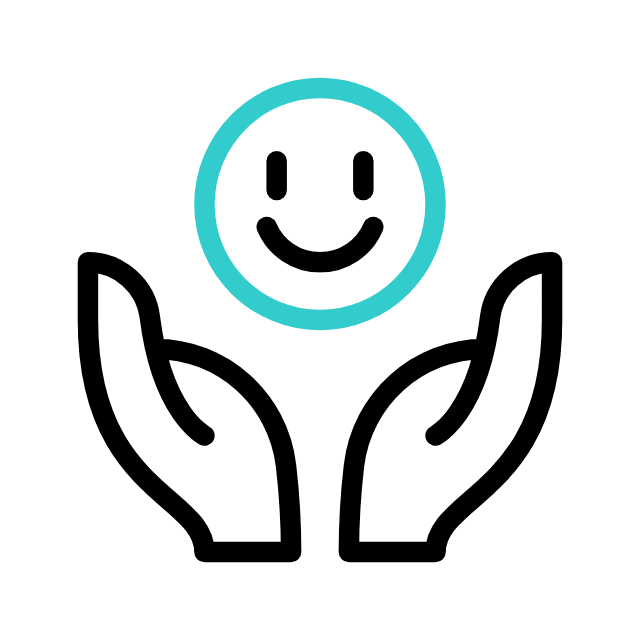The Link Between Back Pain and Anxiety
October 7, 2024
Did you know that the pain in your back might be linked to your state of mind? Research increasingly shows that physical pain and emotional stress often go hand-in-hand.

While most people think of back pain as purely a physical issue, the truth is that anxiety can be a significant factor. In this article, we’ll explore the connection between back pain and anxiety and what you can do to break the cycle.
The Mind-Body Connection: How Anxiety Affects Your Back

When you’re stressed or anxious, your body releases stress hormones like cortisol. This can lead to muscle tension, especially in the back and neck. If you’re constantly in a state of worry, your muscles may never fully relax, leading to a lingering tightness that can evolve into persistent back pain.
The body’s fight-or-flight response, triggered by anxiety, keeps your muscles tense and ready for action. While this response is useful in short bursts, chronic anxiety keeps your body on high alert, increasing tension in your back muscles and worsening pain. What’s more, this creates a vicious cycle: anxiety causes back pain, and the discomfort from the pain leads to more anxiety, trapping you in an unending loop of physical and mental stress.
Common Symptoms of Anxiety-Induced Back Pain
Not sure if your back pain is linked to anxiety? Here are some common symptoms that may suggest a connection:
Persistent tension or tightness in the upper back or shoulders
Sudden onset of back pain without a physical injury
Pain that worsens when you're feeling stressed or anxious
Trouble sleeping due to both back pain and racing thoughts
If any of these symptoms sound familiar, it’s possible that your back pain isn’t just a physical problem but a mental one too.
How to Manage Both Anxiety and Back Pain

Managing back pain and anxiety can be challenging, but it’s not impossible. Here are some effective strategies to help you break the pain-anxiety loop:
Mindful Movement Techniques: Practices like yoga focus on relaxation and gentle movement, which can help reduce tension in your back. These exercises encourage a mind-body connection that’s essential for releasing stress.
Cognitive Behavioral Therapy (CBT): CBT techniques can help you address the thought patterns that contribute to both anxiety and your perception of pain. Changing the way you think about your pain can make a big difference in how you experience it.
Breathing Exercises: Deep diaphragmatic breathing techniques can calm your nervous system and reduce both mental stress and physical discomfort. Try taking slow, deep breaths whenever you start to feel anxious to help relax your back muscles.
Stay Physically Active: Regular low-impact exercise like walking or swimming can help manage both anxiety and back pain. Keeping your body moving prevents stiffness and improves your mood, which can alleviate both symptoms.
How Curv Can Help You Manage Back Pain and Anxiety

At Curv, we understand that back pain is often more than just a physical problem. Our wearable technology is designed to help you track your spinal movements and receive personalised exercise recommendations. By integrating principles of Cognitive Functional Therapy (CFT), Curv addresses both the physical and mental aspects of back pain, aiming for long-term relief.
Curv’s sensor-based approach can help you identify the triggers that worsen your pain and suggest exercises to alleviate it. It’s more than just a wearable—it’s a comprehensive companion for managing your back health and reducing the impact of anxiety on your life.
When to Seek Professional Help

If your anxiety or back pain is significantly affecting your daily life, it might be time to seek professional help. A multi-disciplinary approach involving physical therapy, mental health support, and possibly wearable tech like Curv can be the most effective strategy for managing your pain.
Consult your healthcare provider if you notice that self-care techniques aren’t enough or if your pain is getting worse despite your efforts. Early intervention can make a big difference in the long-term outcome of your back health.
A pain-free life

Anxiety and back pain are often more connected than we realise, and addressing both can lead to a more effective pain management strategy. Remember, it’s not just about treating the physical symptoms but also the mental aspects that contribute to your discomfort. If you’re ready to take control of your back pain, explore Curv’s wearable technology, which combines both physical and mental care to guide you toward a pain-free life.
https://www.flaticon.com/free-animated-icons/emotions
https://www.flaticon.com/free-animated-icons/stress
https://www.flaticon.com/free-animated-icons/brain
https://www.flaticon.com/free-animated-icons/hospital
https://www.flaticon.com/free-animated-icons/kind